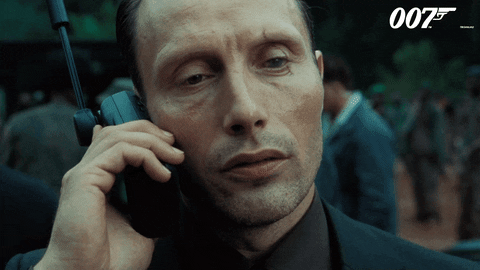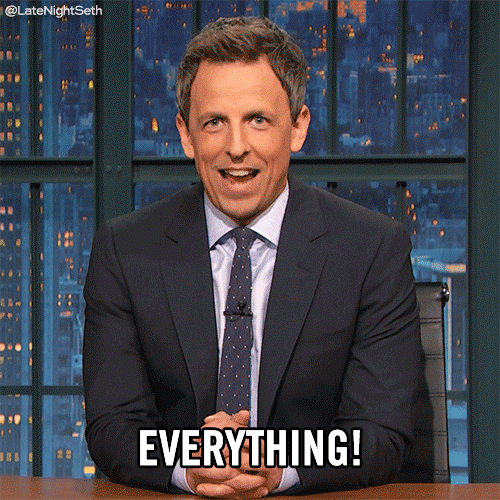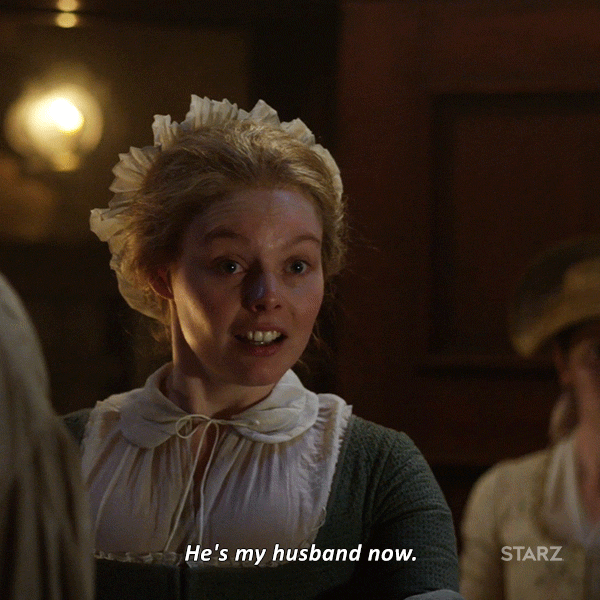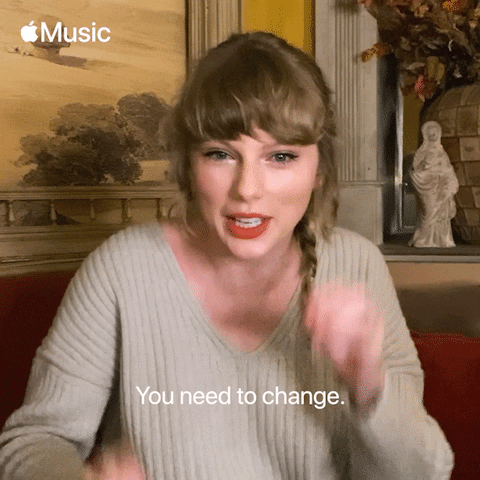
Listen to this story being read by Erin Docherty, here.
When it comes to thinking about what kind of partner you want in your life, it's common to have a few non-negotiables on the list.
Whether it's thinking there should always be a romantic 'spark', avoiding conflict or expecting a certain amount of sex - everyone has a different set of deal breakers when they're dating.
Watch: Here are some of the biggest relationship red flags you need to look out for. Story continues below.
But while everyone's expectations of a healthy relationship might be a little different, and it's normal for yours to be different from your partner's, how do we know if we’re asking too much from the person we're dating?
In fact, how do we develop all of these expectations in the first place?
Well, apparently it's ingrained in us throughout our childhood.
Couples counsellor Lissy Abrahams said that when we're children, we form our own unique "relational template", and later this can alter across adulthood due to other couple relationships.

































































































